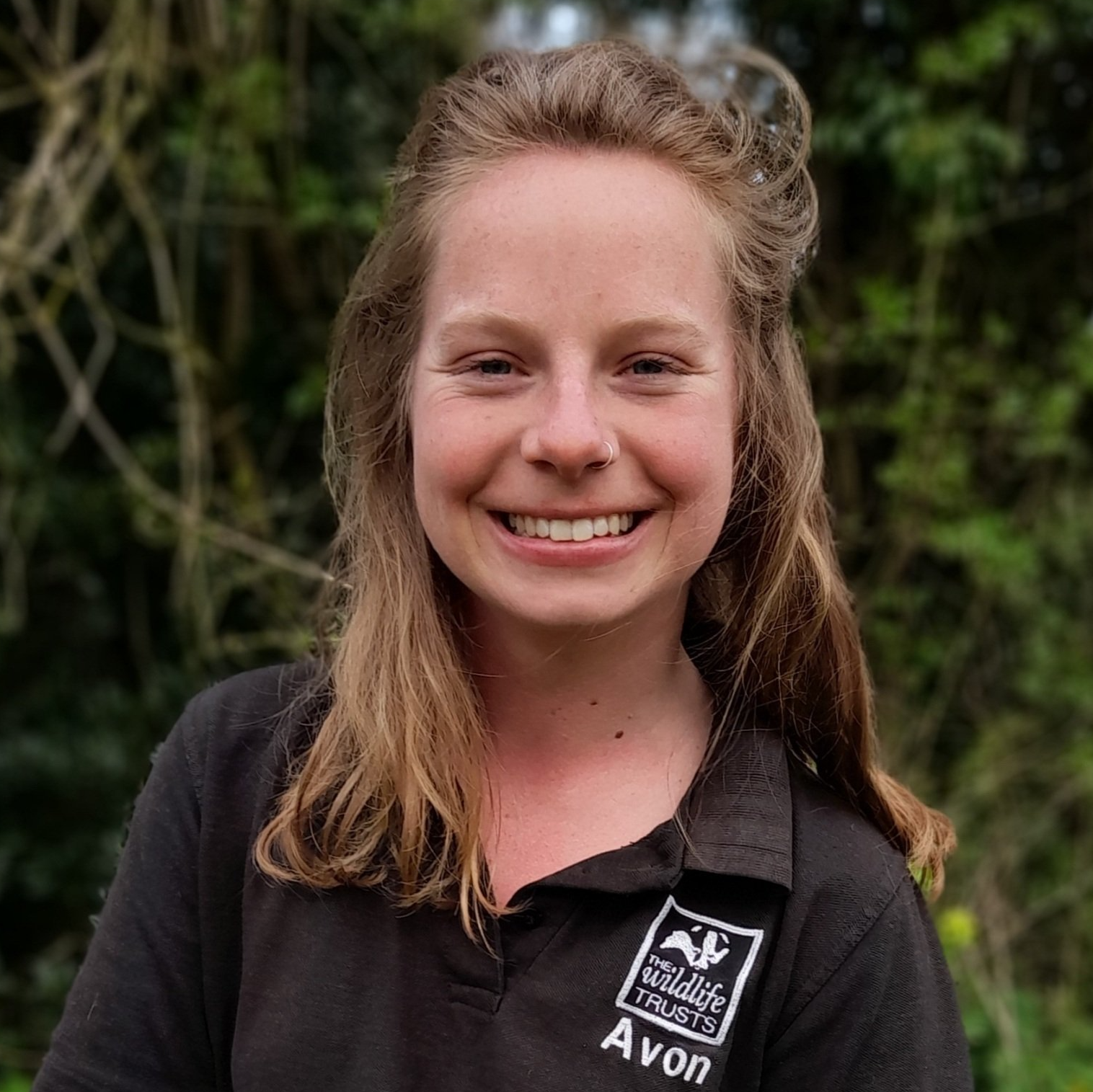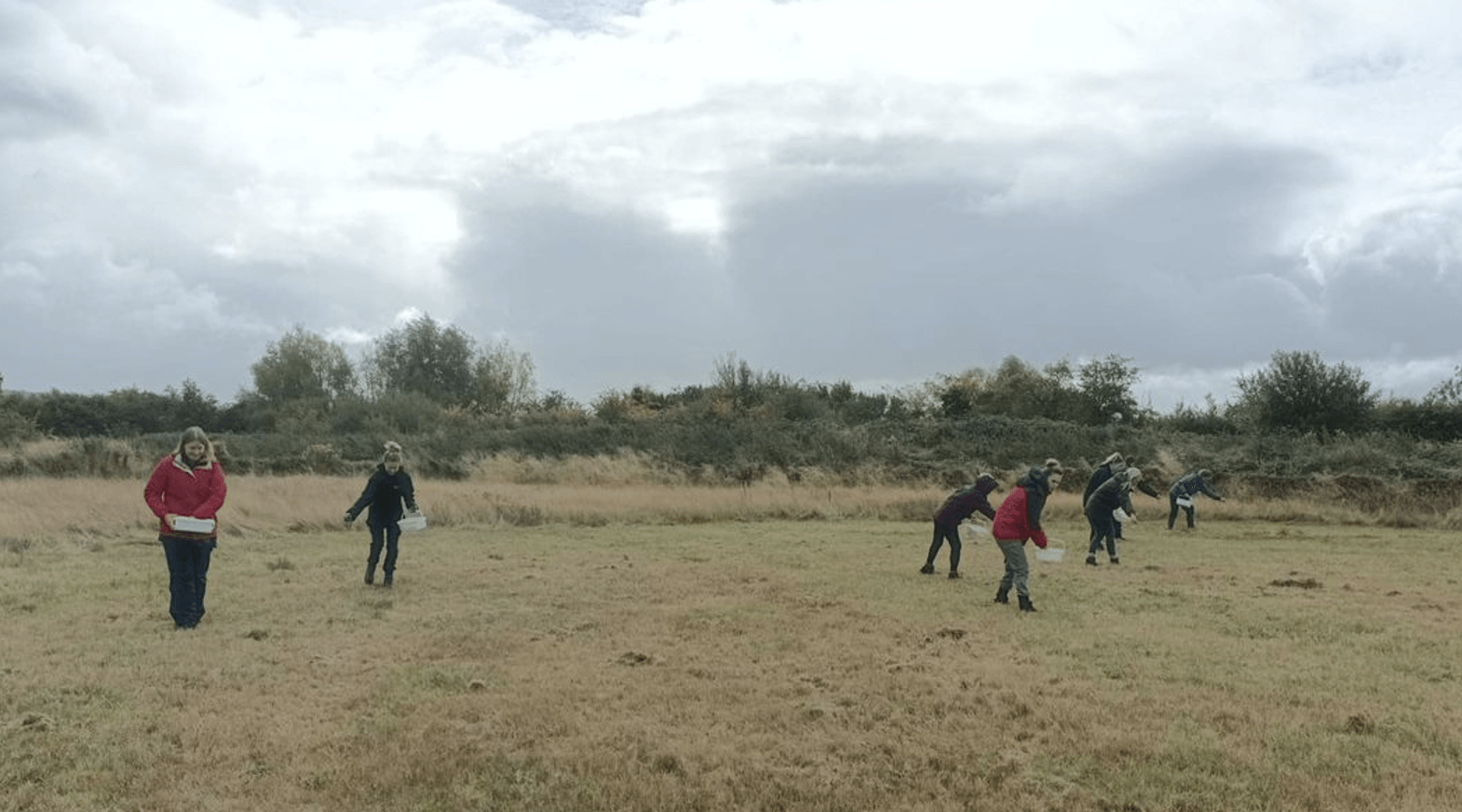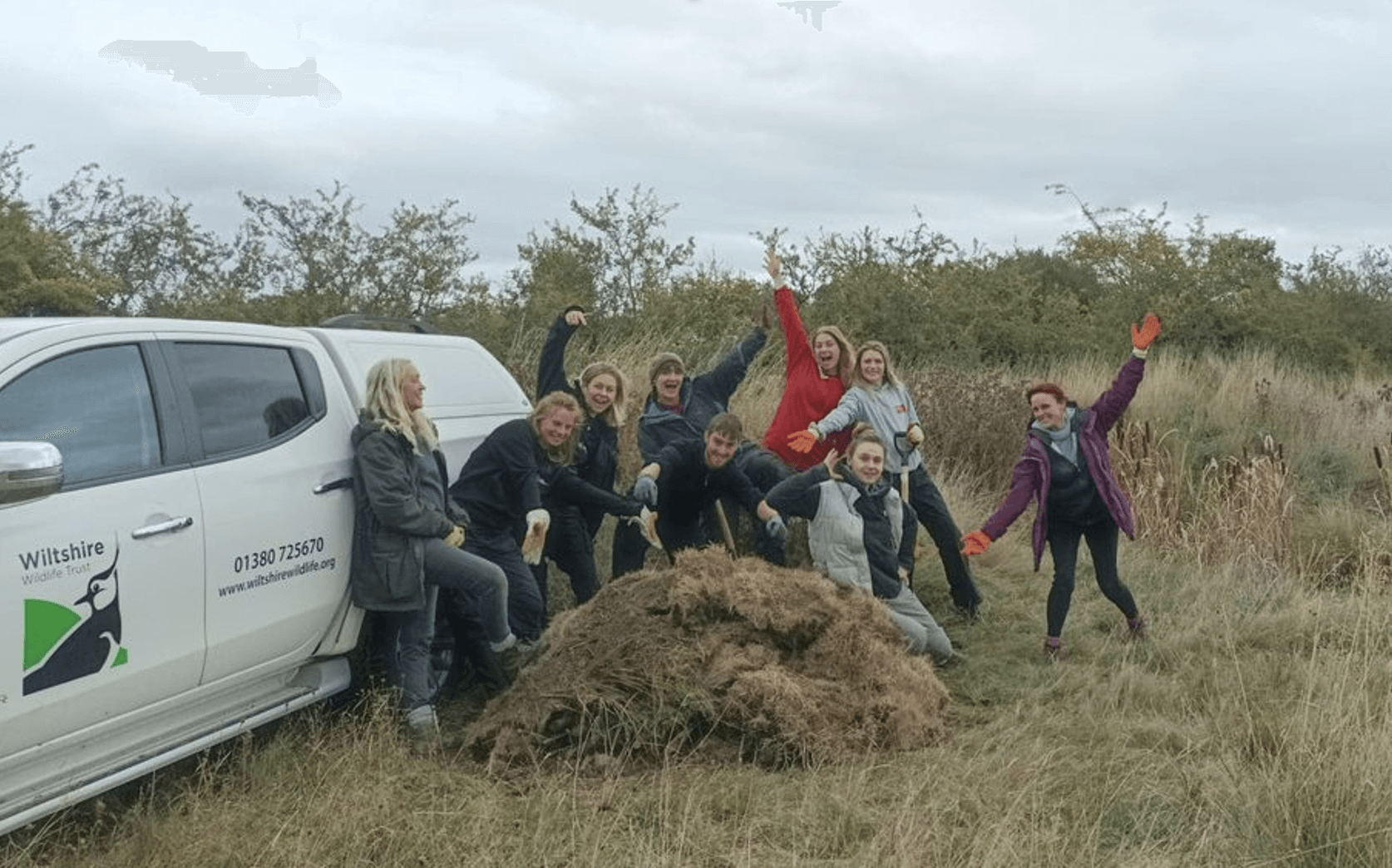
Esther Frizell-Artmitage is a Bristol Avon Catchment Market Project Ecologist
The challenges of securing a job in the ecological sector
For those that have recently graduated or are undertaking a career change, the ecological sector can be challenging to enter. The sector is broad and prospective candidates face high competition for roles. Required and desirable skills can be near-impossible to obtain for someone new to the sector.
The Bristol Avon Catchment Market – opening up new opportunities and skills
Through the creation of the Bristol Avon Catchment Market, and thanks to funding from The Green Recovery Challenge Fund, the project has been able to offer a number of exciting career and training opportunities. As well as delivering a Kickstart Scheme, which aims to create new jobs for 16 to 24 year olds on Universal Credit who are at risk of long term unemployment, the project has also employed six Graduate Trainee Ecologists. The traineeships are being hosted by Wessex Water, in partnership with Avon Wildlife Trust and Wiltshire Wildlife Trust and aim to provide the essential skills that relevant employers would desire, backed up by real in-field experience.
Developing new skills and sharing experience
Between the supporting organisations, trainees have been able to learn and develop skills in ecological surveying and legislation, Biodiversity Net Gain, the Biodiversity Metric 3.1, ecological report writing, data collection, GIS mapping and even habitat design, creation and management.
“What I have liked most about the traineeship is how the role gives me the opportunity to work in different areas of conservation and ecology, equipping me with the necessary tools, experience, and knowledge to progress my career within this sector.”
Habitat design and creation opportunities are rare to come across in other ecology placements and this traineeship equips them with a greater depth of knowledge that can be applied to roles in the wider conservation sector.
So far during the traineeship, they have been busy undertaking a range of activities including ecological surveys for protected species (such as dormice, bats, badger and reptiles) at different BACM project sites, including one site where a woodland is proposed to be enhanced to benefit biodiversity, particularly bats and dormice. They’ve also been extensively mapping a number of sites and getting familiar with using the UKHab Classification system and GIS. What’s more, the trainees have also been involved in habitat creation activities such as creating habitat piles, hibernacula and also enhancing grassland through the seeding of wildflower seed mixes.

Ecology Trainees sowing seed at Morningside Meadows, a Wiltshire Wildlife Trust reserve that is being enhanced for biodiversity
A unique and valuable opportunity
The ecological sector is rapidly evolving - Biodiversity Net Gain is to become mandatory in 2023 and also new habitat classification systems and nature recovery mapping is being adopted, all amidst of a biodiversity and climate crisis. This is therefore a vital time to gain a strong understanding of the new approaches to be widely adopted in the near-future.
Only two months into their traineeships, it seems the opportunity has been an exciting step in their career path:
“This traineeship has been the perfect bridge between university and entering the environmental job sector as it has equipped us with the skills to confidently begin to pursue a career in ecology.”
“I believe the experience is equipping me with the knowledge I need to pursue a career in conservation while making me a more desirable candidate.”

The Ecology Trainees have created hibernacula that will benefit Great Crested Newts!

